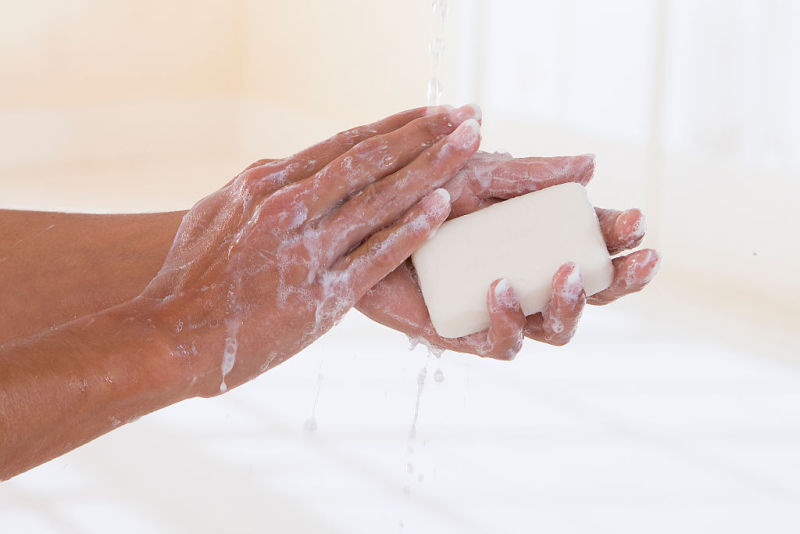FDA bans antibacterial soaps; “No scientific evidence” they’re safe, effective
Ars Technica » Scientific Method 2016-09-03

Enlarge (credit: Getty | BSIP)
In a final ruling announced Friday, the Food and Drug Administration is pulling from the market a wide range of antimicrobial soaps after manufacturers failed to show that the soaps are both safe and more effective than plain soap. The federal flushing applies to any hand soap or antiseptic wash product that has one or more of 19 specific chemicals in them, including the common triclosan (found in antibacterial hand soap) and triclocarbon (found in bar soaps). Manufacturers will have one year to either reformulate their products or pull them from the market entirely.
As Ars has reported previously, scientists have found that triclosan and other antimicrobial soaps have little benefit to consumers and may actually pose risks. These include bolstering antibiotic resistant microbes, giving opportunistic pathogens a leg up, and disrupting microbiomes. In its final ruling, issued Friday, the FDA seemed to agree. “Consumers may think antibacterial washes are more effective at preventing the spread of germs, but we have no scientific evidence that they are any better than plain soap and water,” Janet Woodcock, director of the FDA’s Center for Drug Evaluation and Research (CDER), said in a statement. “In fact, some data suggests that antibacterial ingredients may do more harm than good over the long-term.”
Back in 2013, the FDA first proposed the ban and called on soap manufacturers to submit data that would show that their products were both harmless and could out compete plain soap in de-germing humans. The agency reports that manufacturers either didn’t bother submitting data or offered up data that wasn’t convincing. In the meantime, many manufacturers have already started phasing out triclosan and other antimicrobial compounds from their products.